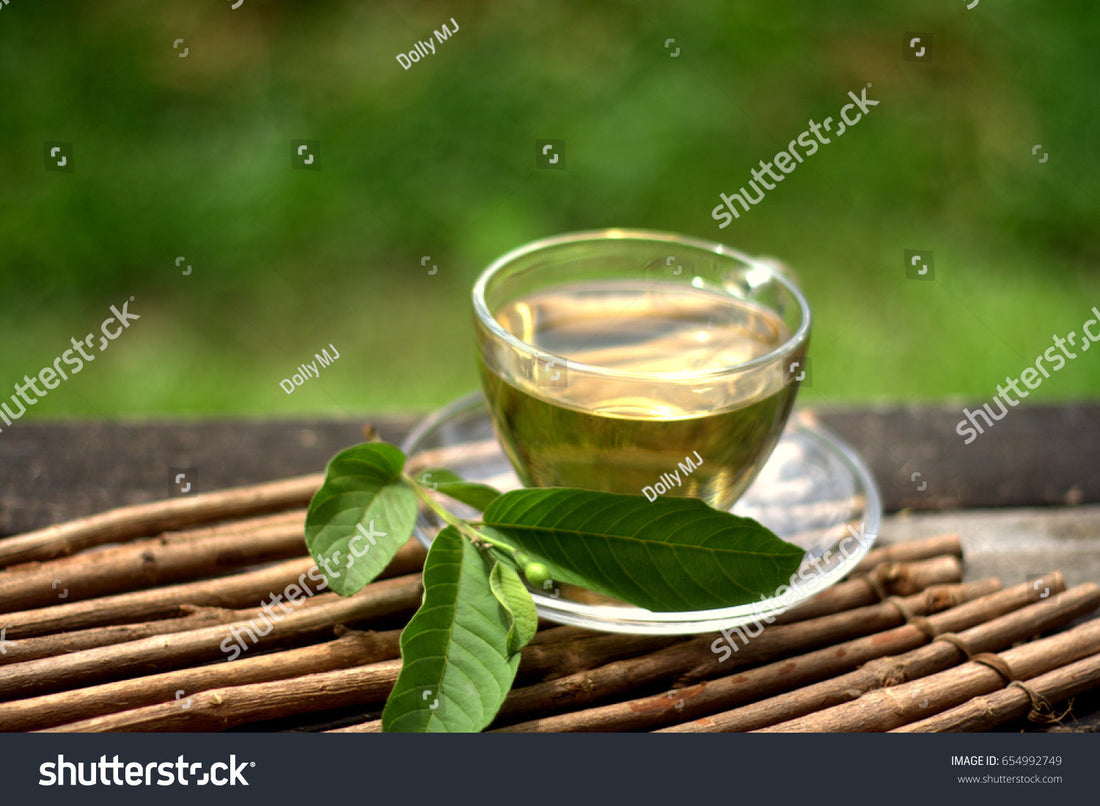Understanding Emmenagogue Herbs: Supporting Menstrual Health Naturally

Share
.Disclaimer: This content is for informational purposes only and does not constitute medical advice. Zuma Nutrition’s products are dietary supplements, not intended to diagnose, treat, cure, or prevent any disease. Consult a healthcare professional before making changes to your health regimen.
What Is an Emmenagogue?
An emmenagogue is a substance, often an herb, that may support menstrual flow or help regulate the menstrual cycle. The term comes from the Greek words emmena (menses) and agogos (bringing forth). Historically, emmenagogues have been used in systems like Ayurveda, Traditional Chinese Medicine (TCM), and Western herbalism to address irregular periods or menstrual discomfort.
Emmenagogues may work by promoting blood circulation in the pelvic area, supporting hormonal balance, or relaxing uterine muscles. However, their effects vary, and scientific evidence is limited for some herbs. To learn more about herbal actions, check out our guide, “Herbal Actions: A Complete Guide to Using Herbs Effectively.”
10 Emmenagogue Herbs for Menstrual Support
Below, we explore ten herbs traditionally recognized for their emmenagogue properties. While some have scientific support, others rely on historical use. Always consult a healthcare provider before use.
1. Parsley (Petroselinum crispum)
Parsley, a common culinary herb, contains compounds like apiol, which may mildly stimulate uterine activity Source. It’s often used in teas to support menstrual flow.
How to Use: Steep 1 tsp of fresh parsley in hot water for 10 minutes.
Tip: Start with small amounts to avoid digestive upset.
2. Ginger (Zingiber officinale)
Ginger’s warming properties may promote pelvic circulation and ease menstrual discomfort Source. It’s a versatile option for teas or meals.
How to Use: Add 1 tsp grated fresh ginger to hot water or stir-fries.
Tip: Pair with honey for a soothing menstrual tea.
3. Cinnamon (Cinnamomum verum)
Cinnamon may support circulation and reduce menstrual cramps due to its anti-inflammatory properties Source.
How to Use: Sprinkle ½ tsp on oatmeal or brew as tea.
Tip: Use Ceylon cinnamon for a milder flavor.
4. Blue Cohosh (Caulophyllum thalictroides)
Blue cohosh has been used traditionally to stimulate menstrual flow but is potent and requires caution Source.
How to Use: Only under professional guidance, often as a tincture.
Warning: Avoid during pregnancy due to uterine stimulation.
5. Dong Quai (Angelica sinensis)
Known as “female ginseng” in TCM, dong quai may support hormonal balance and menstrual regularity Source.
How to Use: Take as a supplement or tea, per practitioner advice.
Tip: Often combined with other herbs for synergy.
6. Mugwort (Artemisia vulgaris)
Mugwort may promote pelvic circulation and is used in teas or aromatherapy Source.
How to Use: Steep 1 tsp dried mugwort for tea.
Tip: Use sparingly to avoid vivid dreams, a known side effect.
7. Yarrow (Achillea millefolium)
Yarrow may support menstrual flow and reduce cramps due to its anti-inflammatory properties Source.
How to Use: Brew 1 tsp dried yarrow as tea.
Tip: Also supports minor wound healing.
8. Vitex (Vitex agnus-castus)
Vitex, or chasteberry, may influence hormonal balance, potentially easing PMS and irregular cycles Source. It’s a key ingredient in our Women’s Hormones Tonic.
How to Use: Take as capsules or tincture for 3–6 months.
Tip: Patience is key, as effects build over time.
9. Black Cohosh (Actaea racemosa)
Black cohosh may support menstrual regularity and menopausal comfort Source. It’s also in our Women’s Hormones Tonic.
How to Use: Use as a supplement, per professional guidance.
Warning: Avoid if you have liver concerns.
10. Feverfew (Tanacetum parthenium)
Feverfew’s anti-inflammatory properties may ease menstrual discomfort Source.
How to Use: Take as tea or capsules.
Tip: Also known for migraine support.
Visual Idea: Include an infographic summarizing these herbs, their uses, and precautions for quick reference.
Potential Benefits of Emmenagogue Herbs
Emmenagogue herbs may offer the following benefits when used appropriately. Note that individual results vary, and more research is needed:
Supporting Menstrual Regularity: Herbs like vitex and dong quai may promote a consistent cycle by supporting hormonal balance.
Easing Menstrual Discomfort: Ginger, cinnamon, and feverfew have anti-inflammatory properties that may reduce cramps.
Promoting Pelvic Circulation: Mugwort and yarrow may enhance blood flow, supporting healthy menstruation.
Enhancing Overall Wellness: Many herbs provide antioxidants and nutrients for general health.
Disclaimer: These benefits are based on traditional use and limited studies. Herbs are not a substitute for medical treatment. Consult your doctor for menstrual concerns.
How to Use Emmenagogue Herbs Safely
Here are practical ways to incorporate emmenagogue herbs into your routine:
Herbal Teas: Steep ginger, yarrow, or parsley for 10 minutes. Drink 1–2 cups daily.
Supplements: Choose high-quality capsules or tinctures, like our Women’s Hormones Tonic, and follow dosage instructions.
Culinary Use: Add parsley, ginger, or cinnamon to meals for flavor and benefits.
Essential Oils: Dilute mugwort or cinnamon oil with a carrier oil for massage or aromatherapy.
Herbal Blends: Combine herbs (e.g., ginger and yarrow) for enhanced effects, under guidance.
Precautions and Considerations
Emmenagogue herbs can be powerful, so use them cautiously:
Pregnancy/Breastfeeding: Avoid herbs like blue cohosh, which may stimulate uterine contractions.
Medical Conditions: Consult a doctor if you have liver issues, hormone-sensitive conditions, or are on medications.
Dosage: Start with small amounts to assess tolerance.
Quality: Choose reputable brands, like Zuma Nutrition, to ensure purity.